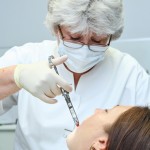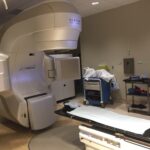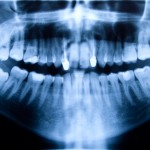
Angharad de Cates reviews a recent Danish trial, which finds that escitalopram reduced participants’ reinforcement sensitivity compared to those on placebo. This lower reinforcement sensitivity may be similar to the emotional blunting effect often reported by patients during SSRI treatment.
[read the full story...]






